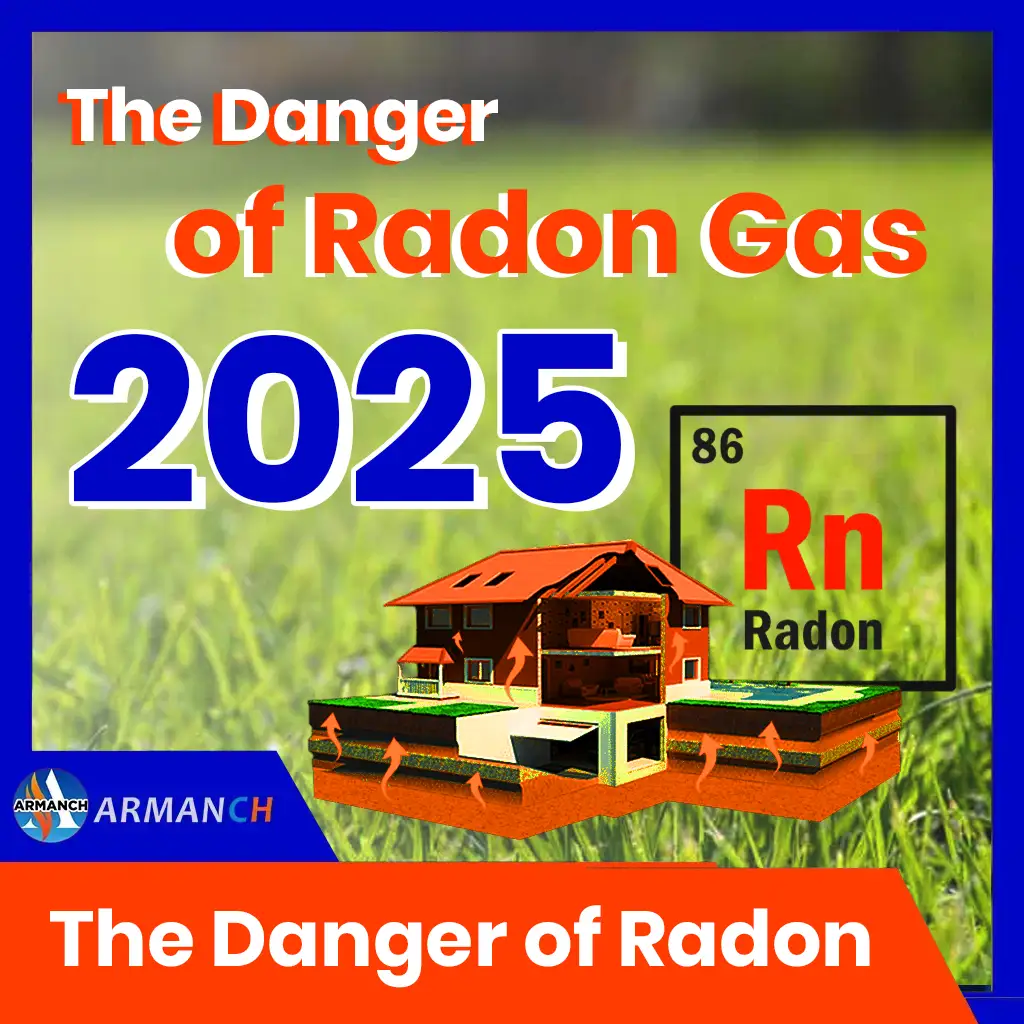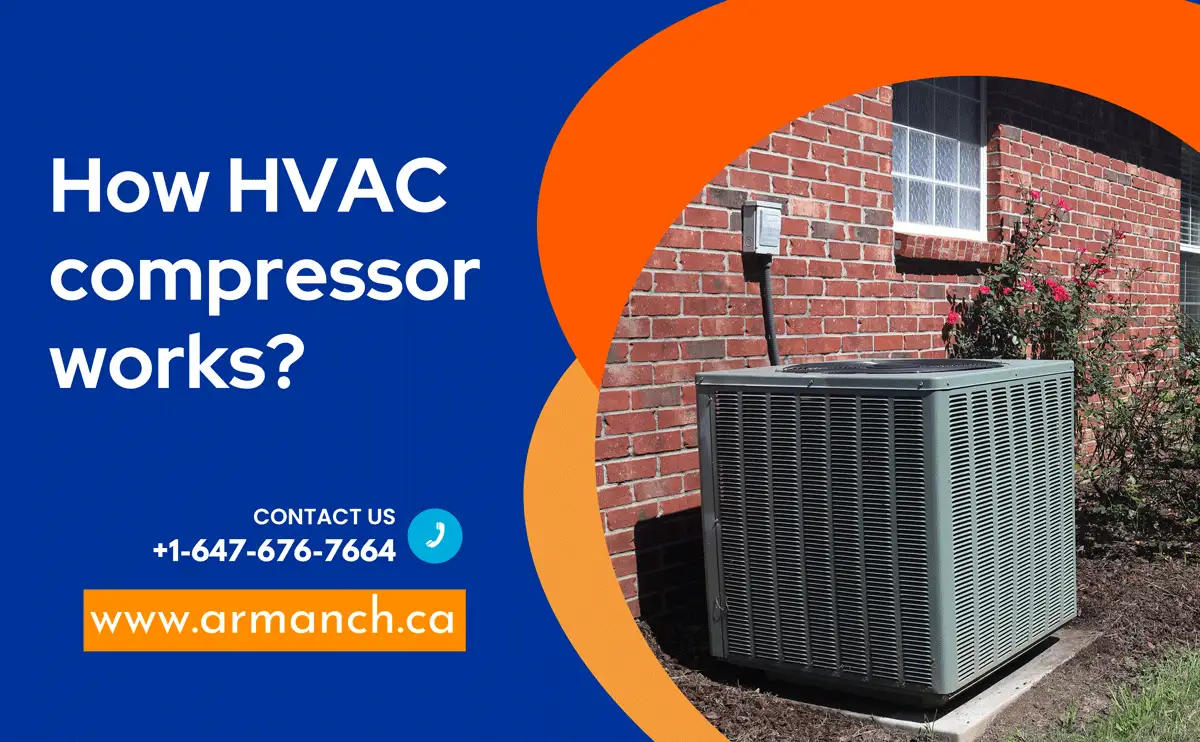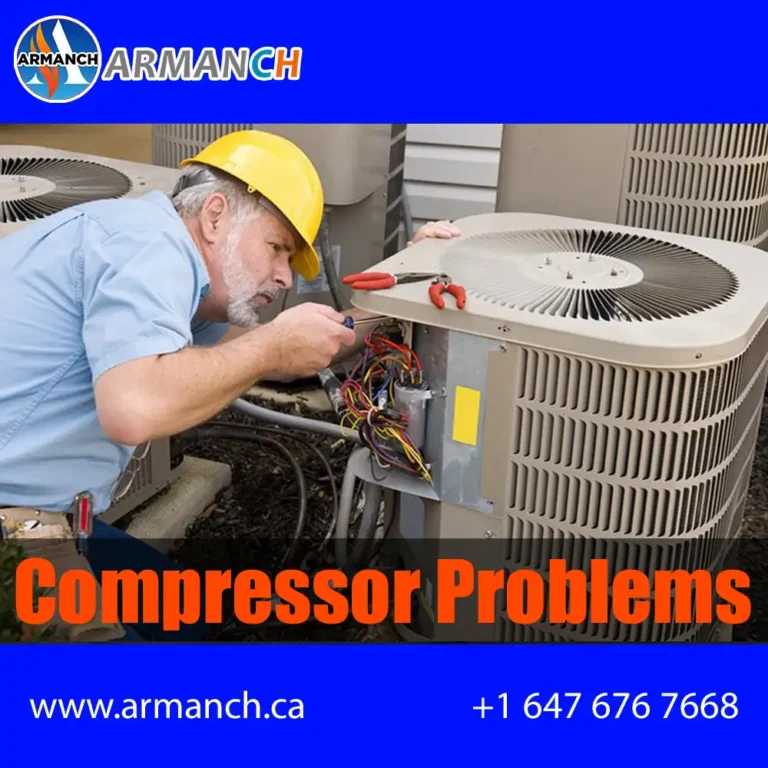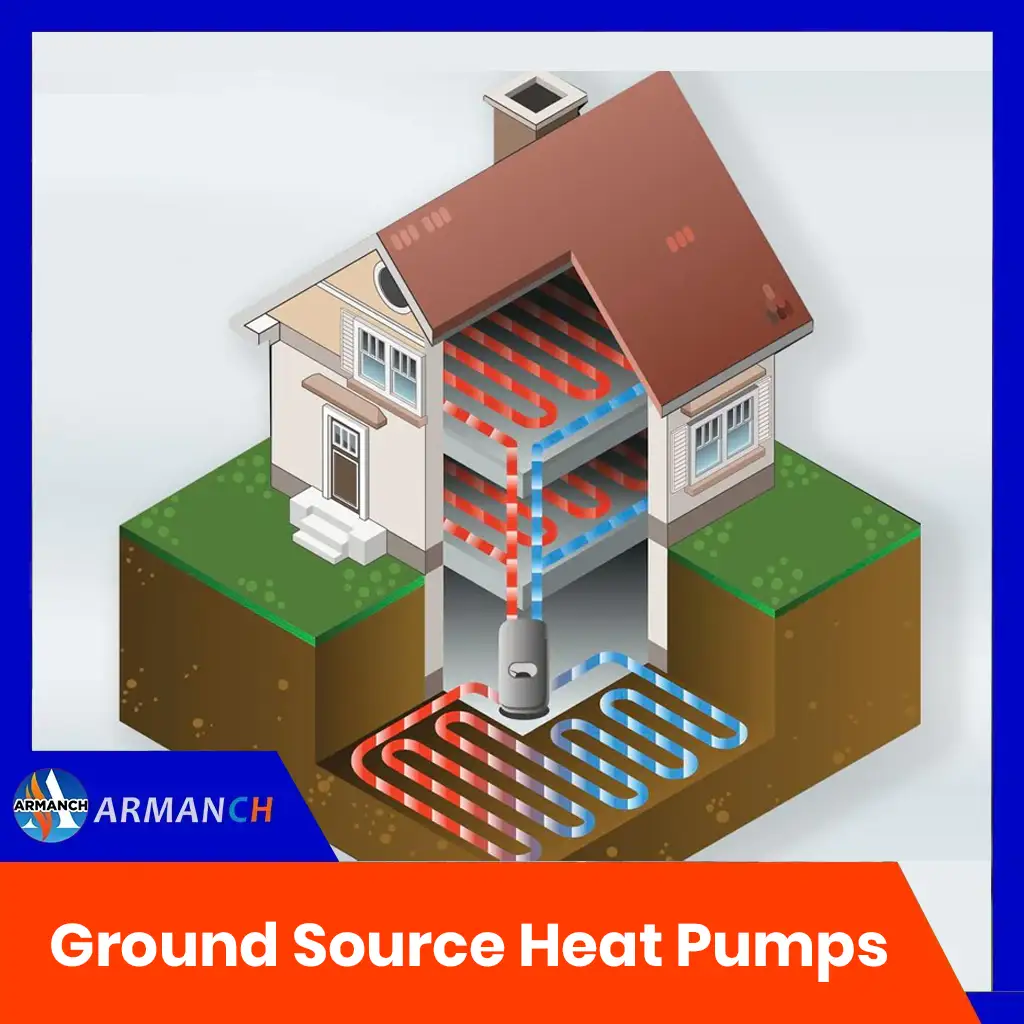
How HVAC Compressor Works ?
The HVAC compressor is a crucial component responsible for compressing the refrigerant, playing a pivotal role in the heating and cooling processes of an HVAC system. Let’s delve into its function and the types of compressors available:
What Does an HVAC Compressor Do?
To comprehend the workings of a compressor, understanding refrigeration is essential. Refrigeration is the process by which air conditioners extract heat from a space and transfer it outside, thereby cooling the indoor temperature.
Evaporator Coil: The refrigerant absorbs heat, changing from a liquid to a low-pressure gas.
Compressor: The compressor compresses the refrigerant, transforming it into a high-pressure, high-temperature gas.
Condenser: The hot gas passes through the condenser, where outside air dissipates heat, turning the gas into a high-pressure liquid.
Expansion Valve: The pressure and temperature of the liquid refrigerant drop, converting it back into a low-pressure gas and restarting the cycle.

Types of HVAC Compressors
- Efficient and reliable.
- Uses two helical rotors to compress refrigerant.
- Suitable for continuous cooling in large spaces.
- Uses centrifugal force to pull in refrigerant.
- Rapid rotation of the gas causes compression.
- Ideal for large air conditioning systems.
- Small and quiet.
- Consists of a shaft with attached blades.
- Suitable for applications where noise is a concern.
- Utilizes a fixed coil and another coil that moves to compress refrigerant.
- Few moving parts, making it reliable and quiet.
- Gaining popularity for air conditioning.
- Most common type.
- Uses pistons to compress refrigerant.
- Multiple cylinders can be present in the compressor.
How Does a Reciprocating Compressor Work?
As the reciprocating compressor is commonly used, let’s explore its operation:
- A pressure difference opens the suction line valve, allowing low-pressure refrigerant to enter the cylinder.
- Once the cylinder is filled, the suction line valve closes.
- The crankshaft continues to spin, pushing the piston up.
- This compresses the refrigerant, creating high pressure in the cylinder.
- The discharge valve opens due to the pressure difference, releasing high-pressure refrigerant.
- The compressed refrigerant is expelled from the cylinder.
- The process repeats as the compressed refrigerant exits the cylinder.

Understanding how HVAC compressors work helps optimize the performance of heating and cooling systems. If you found this information useful, feel free to leave a comment and share your thoughts!
- about HVAC-R systems, air conditioner compressor types, can hvac catch fire, can hvac last 30 years, Central Air Conditioner Compressor Work, Commercial HVAC Systems Toronto, compressing refrigerant vapour, Compressor, design HVAC, eco-friendly HVAC, geothermal hvac systems, How To Clean Or Replace Your HVAC Filters, HVAC blower, hvac common troubles, hvac compressor types, HVAC fan, HVAC for businesses, HVAC Installation, hvac issues, hvac problems, HVAC repair, HVAC Replacement
- HVAC-R
- Design and Permit Services
- Hydronic & Hot Water Services
- Heating and Cooling Services
- Air Conditioning Services








